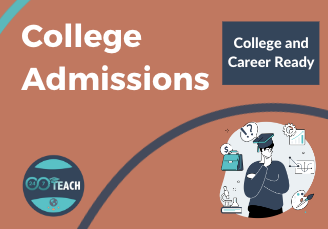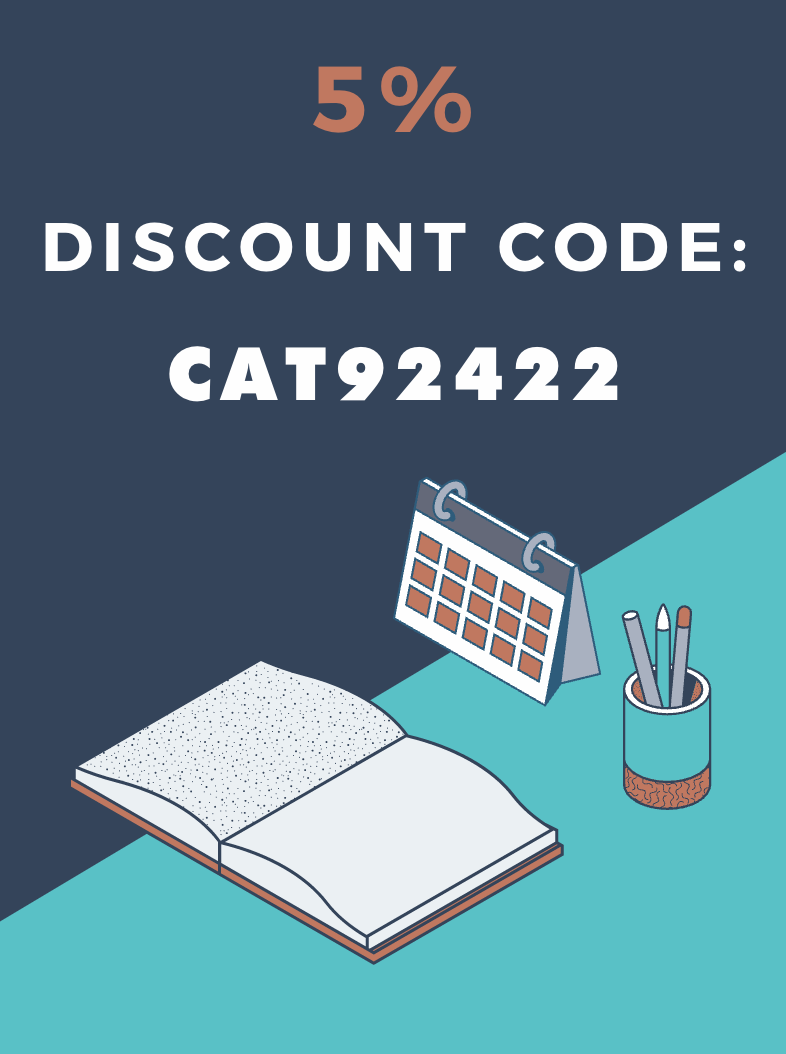How to Write Engaging Essays and Answer Short Answer Questions Effectively
By: Justice Jones
24/7 Lead Superstar
Prefer to listen to this post? Click below.
Writing an essay or answering short answer questions is a fundamental skill required in many academic and professional settings. Whether you are writing an essay for a school assignment or answering questions as part of a job application, it is essential to understand the best practices for writing clear and concise responses.
7 Steps to effective Essay Writing:
Choose a clear and concise topic and understand the purpose of your writing: The first step in writing a successful essay is choosing a topic that is both interesting and relevant. When selecting a topic, consider the purpose of the essay, the audience you are writing for, and your interests. If a topic is already chosen for you, you must also know the essay's purpose and how it is expected to create value for the reader.
Research the topic thoroughly: Once you have selected a topic, it is important to research it thoroughly. This means gathering information from reliable sources, such as books, articles, and academic journals. Be sure to take detailed notes and organize the information you gather in a way that is easy to understand and reference.
Create an outline: Before you start writing, it is a good idea to create an outline. This will help you organize your thoughts and ideas, and ensure that your essay has a clear structure. Your outline should include an introduction, body paragraphs, and a conclusion.
Write an introduction: The introduction is the first thing that your audience will read, so it is important to make a solid first impression. Start with a hook that captures their attention and provides background information that sets the stage for the rest of the essay. Be sure to include a thesis statement, which states the main argument of your essay.
Develop body paragraphs: The body paragraphs are the heart of your essay and should support your thesis statement with relevant examples and evidence. Each body paragraph should have a clear topic sentence that introduces the main point and should use examples and evidence to support that point.
Write a conclusion: The conclusion is the last thing that your audience will read, so it is important to leave a lasting impression. Summarize the main points of your essay, and restate your thesis statement in a new and interesting way. End with a closing statement that ties everything together.
Proofread and edit: Before submitting your essay, it is crucial to proofread your essay at least three times to edit it for readability, grammar, spelling, and punctuation errors. Check for any inconsistencies in your argument, and make sure that your writing is clear and concise.
Short-answer questions require concise and precise responses that directly address the question and are typically limited to a few sentences. On the other hand, an essay is a more in-depth written piece that presents an argument or information on a particular subject, typically ranging from several paragraphs to several pages in length. Essays provide the opportunity for more elaborate explanation and analysis, while short answer questions demand succinct and focused answers.
5 Steps to answering Short Answer Questions:
Read the question carefully: When answering short answer questions, it is essential to read the question carefully and make sure you understand what is being asked. Pay close attention to keywords, such as "define," "explain," and "compare," as they will give you an idea of what type of information is required.
Answer the question concisely: Short answer questions aim to answer the question clearly and concisely, using only the information that is specifically required. Avoid adding unnecessary information or details, and stick to the point.
Use clear and concise language: When writing short answer questions, it is important to use clear and concise language that is easy to understand. Use simple, straightforward sentences, and avoid using complex vocabulary or technical terms unless they are necessary.
Avoid irrelevant information: When answering short-answer questions, it is important to avoid adding irrelevant information or details that do not directly answer the question. Stick to the information that is specifically required, and avoid going off on tangents.
Use examples and specific details: To make your answers more exciting and engaging, it is a good idea to use examples and specific details to support your reasoning and point of view.
In conclusion, writing an essay or answering short-answer questions requires careful planning, research, and attention to detail. By following the best practices outlined in this article, you can communicate your ideas effectively, demonstrate your understanding of the topic, and leave a lasting impression on your audience. Whether you are writing an essay for school or answering questions as part of a job application, taking the time to understand and follow these best practices will pay off in the end. With practice and dedication, you can develop your writing skills and become an expert at crafting clear, concise, and engaging essays and short answer responses.
Bonus: 6 Characteristics Every Great Writer
A good writer is characterized by 6 key traits: attention to detail, discipline, clarity, a strong vocabulary, being open to changes, and a passion for reading.
Attention to detail helps a writer add a special touch to their writing by noticing subtle changes around them.
Discipline and re-evaluating work help writers improve their craft.
Clarity enables writers to express complex thoughts and ideas in simple language.
A strong vocabulary helps maintain reader interest and communicate effectively.
Being open to external edits and suggestions allows writers to improve weak points in their work.
A passion for reading helps writers understand the nuts and bolts of writing, such as syntax, tone, framing, etc. Improving upon these qualities can lead to better writing skills.
Did you know the earlier you start the college application process, the easier it is? If you are ready to start thinking about the college application process, set up a free strategy call with one of our 24/7 College Admissions specialists and learn everything you need to create a successful college application plan for yourself or your teen.











